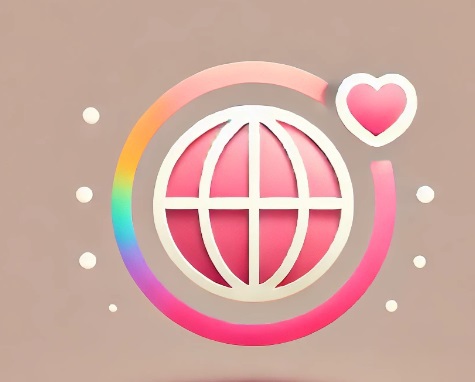The other day, something happened on the train that I can’t stop thinking about.
It was during a regular commute—crowded, quiet, and ordinary—until a small boy, maybe around elementary school age, suddenly began to foam slightly at the mouth. It seemed like he was having a mild seizure. His mother was clearly panicking, clutching her child and looking around helplessly.
And yet… no one moved.
Every single person around us just watched. Eyes darted away. People stared at their phones. The air grew tense, but nobody did anything.
Except my husband.
He’s not Japanese. He immediately stood up and asked, “Are you okay? Do you need help?” in clear, kind English. He took out a tissue and gently handed it to the mother, who thanked him through her panic. After a short while, the seizure passed, and the boy began to calm down.
Later, when things had settled and we were alone again, he turned to me and asked quietly,
“Why didn’t anyone help? You too… why didn’t you do anything?”
That Question Has Haunted Me Ever Since
I didn’t have an answer. Not a real one. But I’ve been thinking about it deeply ever since.
The truth is—many people in Japan hesitate to help in emergencies not because they don’t care, but because they’re afraid.
Afraid of being misunderstood.
Afraid of being accused.
Afraid of legal consequences for doing what seems like the “right thing.”
When Helping Backfires: A Fear-Based Society
There have been actual cases that justify this fear.
- A kind young man once tried to comfort a lonely boy left unattended in a game center. They played medal games together—but soon after, he was reported as a “suspicious person” for talking to someone else’s child.
- Another man helped a high school girl who collapsed at a train station. He touched her arm to support her—and was later accused of sexual harassment.
- Even online, stories circulate constantly about people who tried to help, only to face intense scrutiny or even lawsuits.
In this kind of climate, helping someone becomes a risk. Not only socially, but legally.
A Society Where “Good Intentions” Are Punished
There’s another layer, too. Some say that recent changes in Japan’s legal landscape—like a growing number of naturalized citizens in government or judicial positions—have shifted court rulings in subtle but noticeable ways. While that’s a complex and sensitive topic, it contributes to the broader anxiety people feel about acting publicly.
I recently came across an article that resonated with this idea.
It quoted a 40-year-old office worker named Tōya (alias), who said:
“What made me angry wasn’t just the person causing trouble on the train—it was how all the other passengers, and even the station staff, pretended not to see it.”
This is the emotional undercurrent of Japan right now: a quiet, polite detachment… often rooted in fear, not apathy.
I Respect Those Who Act. Truly.
My husband’s simple act of kindness—offering a tissue and asking if they were okay—should be normal. But in today’s Japan, it felt extraordinary.
I admire people who can step forward with courage and compassion.
I want to be like that too.
But honestly?
I still don’t know if I could do it.
Not because I don’t care. But because I’m scared. Scared of what might happen after I try to help. Scared of being judged, misunderstood, or punished for doing something good.
And that’s the saddest part of all.
Let’s Keep the Hope Alive
Still, I believe this:
If more people like my husband choose kindness over fear, maybe—just maybe—we can start to shift the culture.
Even if I can’t always act, I want to at least keep the desire to act alive in me.
Because if we all lose that… what kind of society are we left with?

